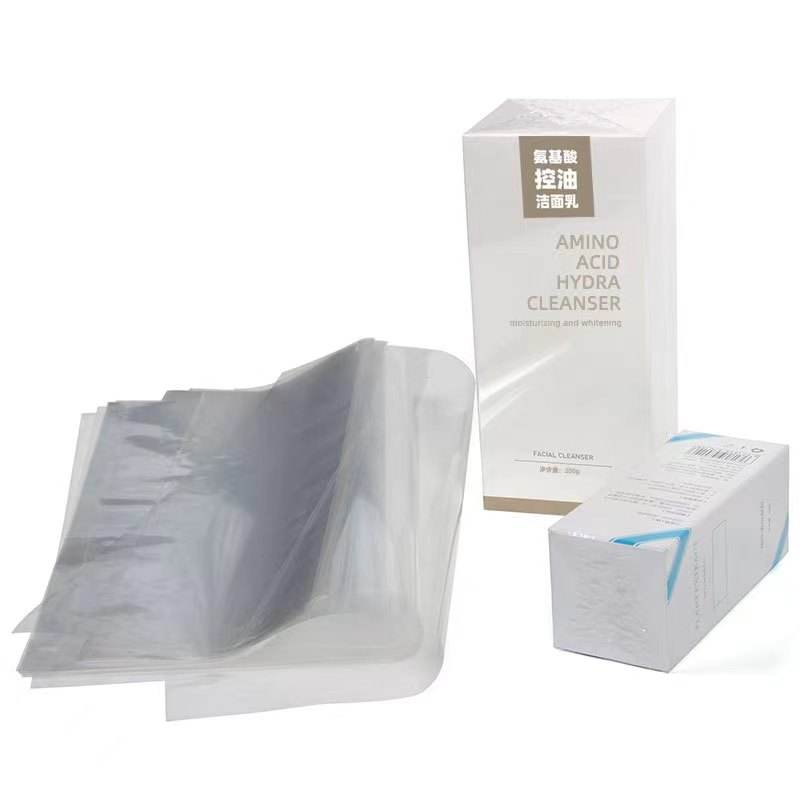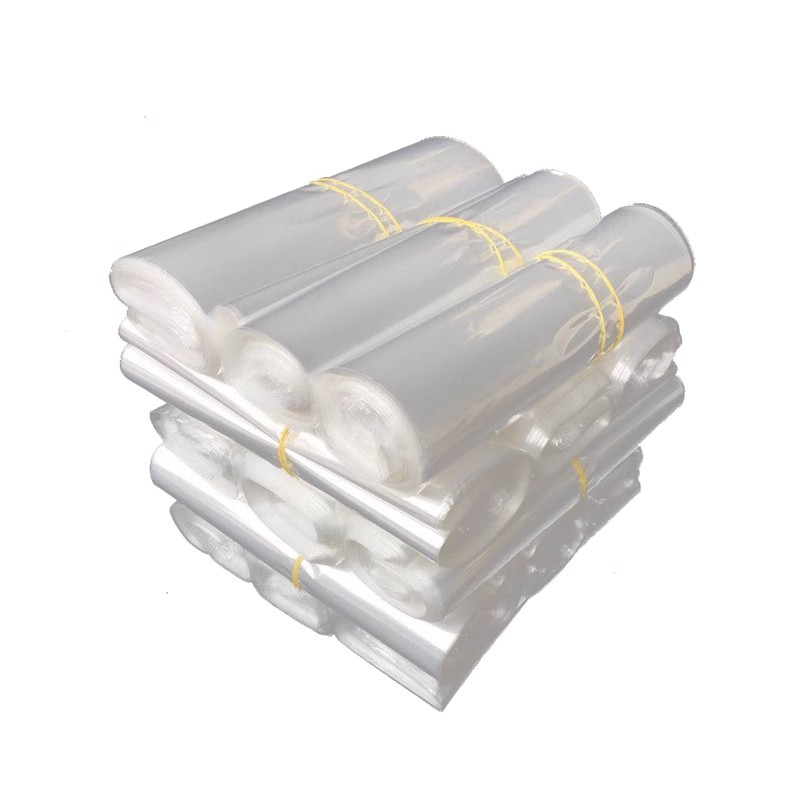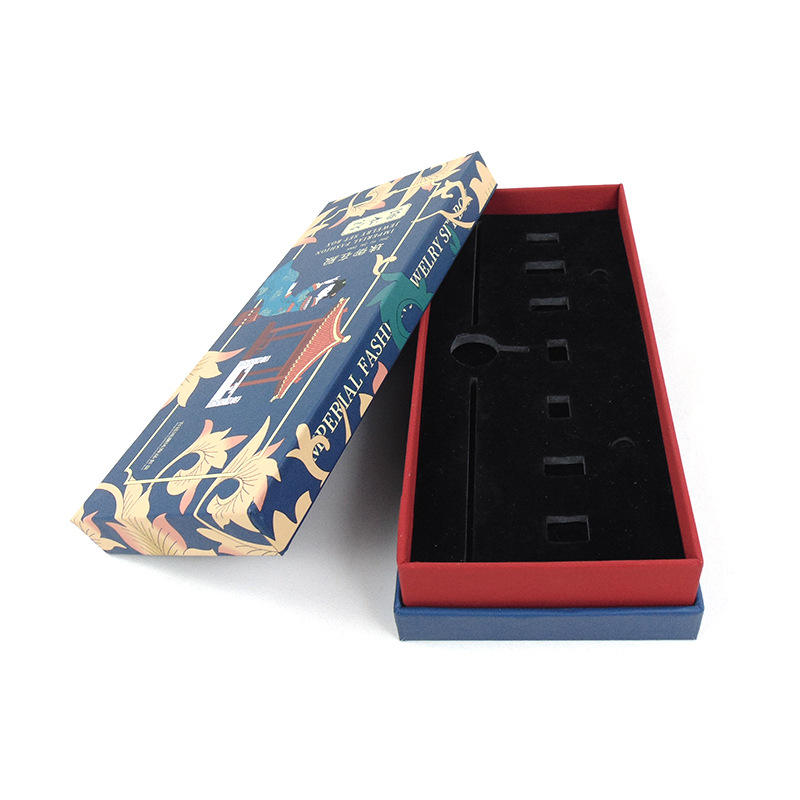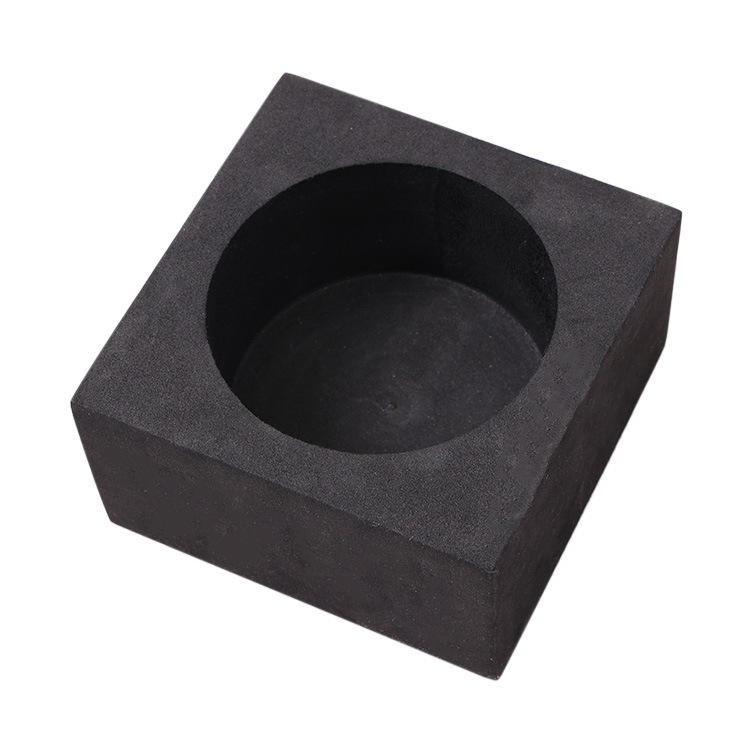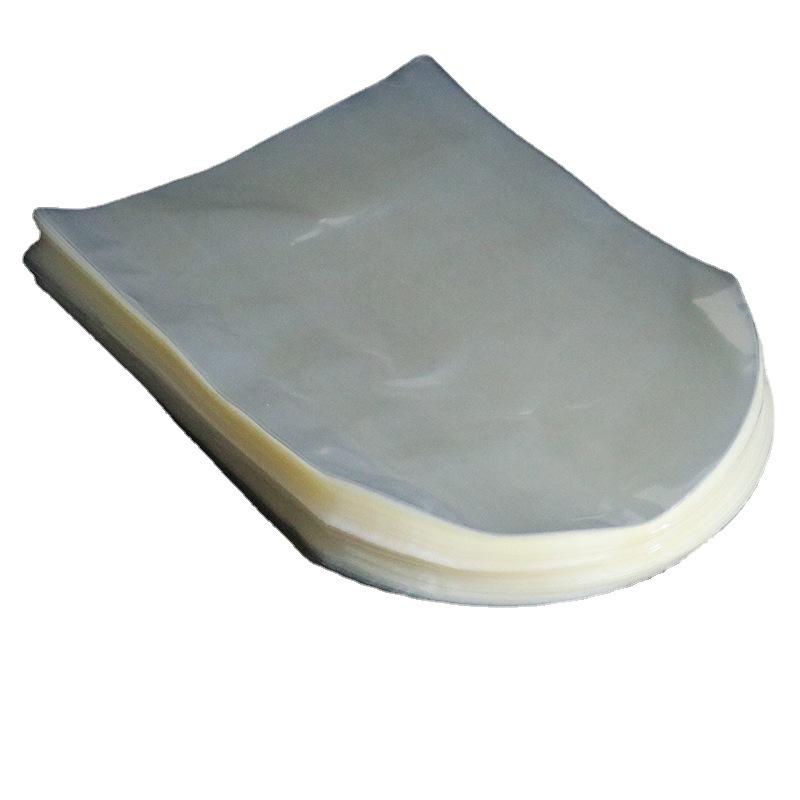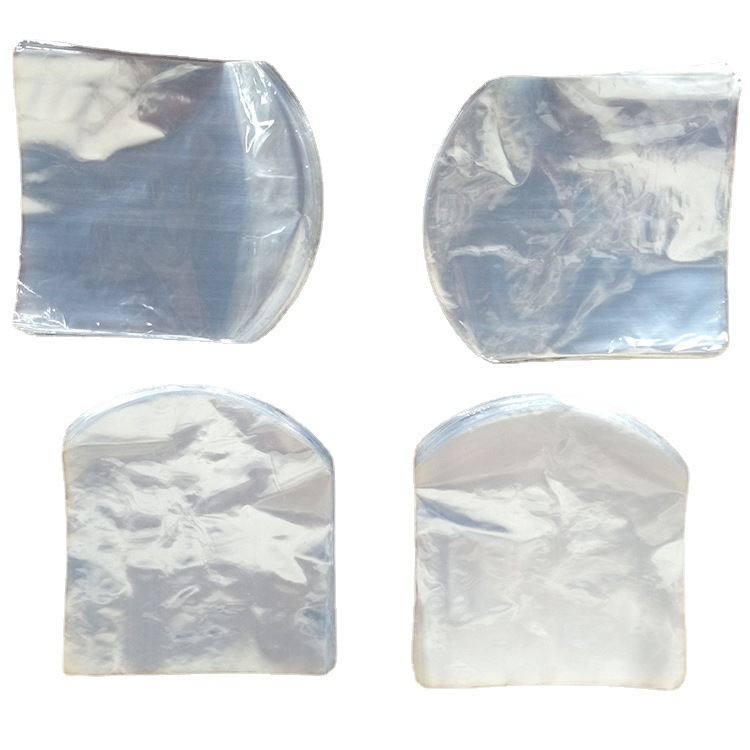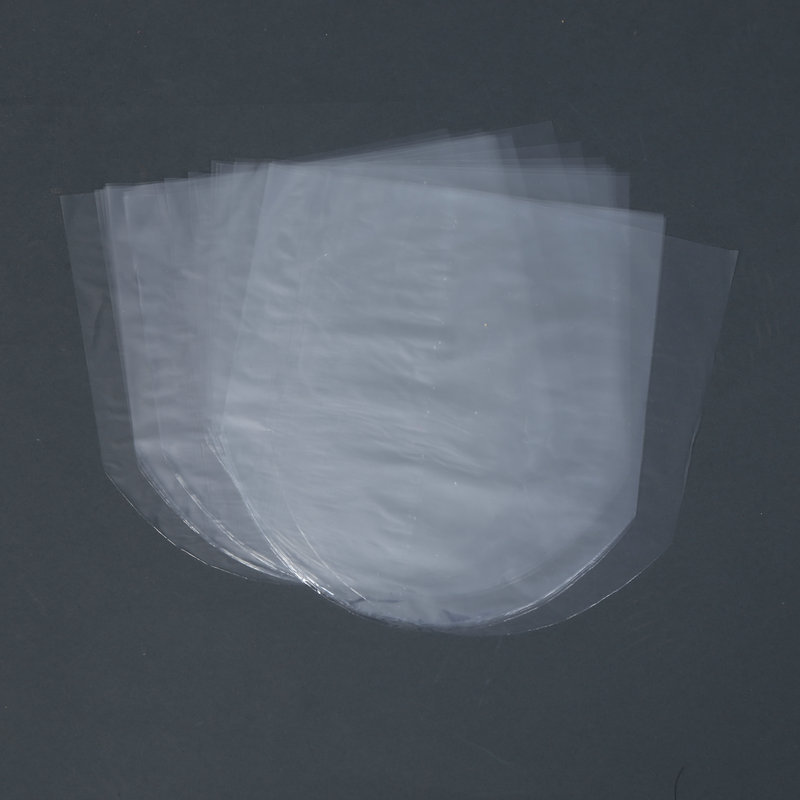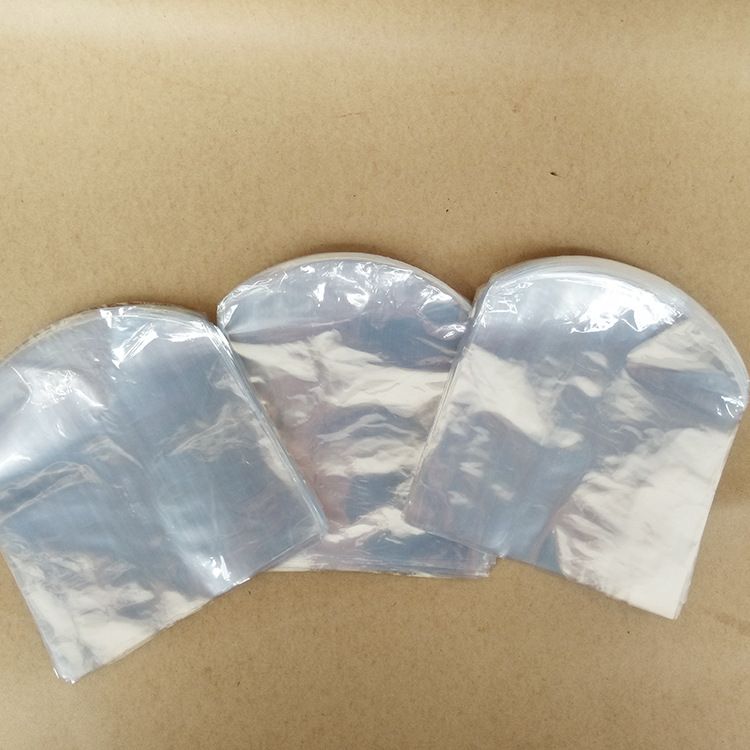Shrink Wrap Bags
Shrink wrap bags have emerged as a pivotal packaging solution in various industries, offering both practical benefits and aesthetic enhancements for product presentation. This innovative packaging method, characterized by its ability to conform tightly to the shape of the item being wrapped, has gained significant traction due to its versatility and efficiency. This essay explores the composition, advantages, applications, and environmental considerations associated with shrink wrap bags, highlighting their increasing relevance in contemporary packaging practices.
Send Inquiry
At its core, a shrink wrap bag is typically composed of polymer plastic materials such as polyolefin or polyethylene. When exposed to heat, these materials shrink tightly around the items they encase, creating a secure and protective barrier. This feature is instrumental in safeguarding products from dust, moisture, and physical damage during transport and storage. Additionally, shrink wrap bags can be manufactured in a variety of sizes and thicknesses, accommodating a wide range of products from small consumer goods to large industrial items.

One of the most significant advantages of using shrink wrap bags is their ability to provide a tamper-proof and durable packaging solution. The tight seal formed by the shrink wrap ensures that the contents are protected from contamination and tampering, a critical consideration for food and pharmaceutical industries. Moreover, the transparency of shrink wrap bags allows for clear visibility of the packaged items, enhancing product display on retail shelves and facilitating quicker inventory checks.

In terms of logistics, shrink wrap bags present a compact and efficient packaging option. They can reduce wasted space during shipping, as they mold closely to the product's shape, allowing for more items to be transported simultaneously. This is particularly beneficial in the context of e-commerce, where maximizing shipping efficiency is paramount. Additionally, the lightweight nature of shrink wrap bags contributes to lower shipping costs, a substantial advantage for businesses aiming to minimize overhead expenses.

Despite these advantages, the environmental implications of shrink wrap bags warrant critical examination. The majority of shrink wrap materials are derived from petroleum-based sources, raising concerns about their sustainability and contribution to plastic pollution. However, advancements in recycling efforts and the development of biodegradable alternatives are paving the way for more environmentally viable options. Companies are increasingly encouraged to adopt sustainable practices by utilizing recyclable materials and implementing take-back programs to mitigate waste.

In conclusion, shrink wrap bags represent a dynamic and practical packaging solution that offers numerous benefits across various industries. Their ability to provide secure, efficient, and visually appealing packaging makes them a preferred choice for many businesses. However, as the need for sustainable practices becomes more pronounced, the packaging industry must continue to innovate towards more eco-friendly alternatives. Balancing the advantages of shrink wrap bags with responsible environmental stewardship will be crucial in shaping the future of packaging solutions.
 English
English Español
Español Português
Português русский
русский Français
Français 日本語
日本語 Deutsch
Deutsch tiếng Việt
tiếng Việt Italiano
Italiano Nederlands
Nederlands ภาษาไทย
ภาษาไทย Polski
Polski 한국어
한국어 Svenska
Svenska magyar
magyar Malay
Malay বাংলা ভাষার
বাংলা ভাষার Dansk
Dansk Suomi
Suomi हिन्दी
हिन्दी

